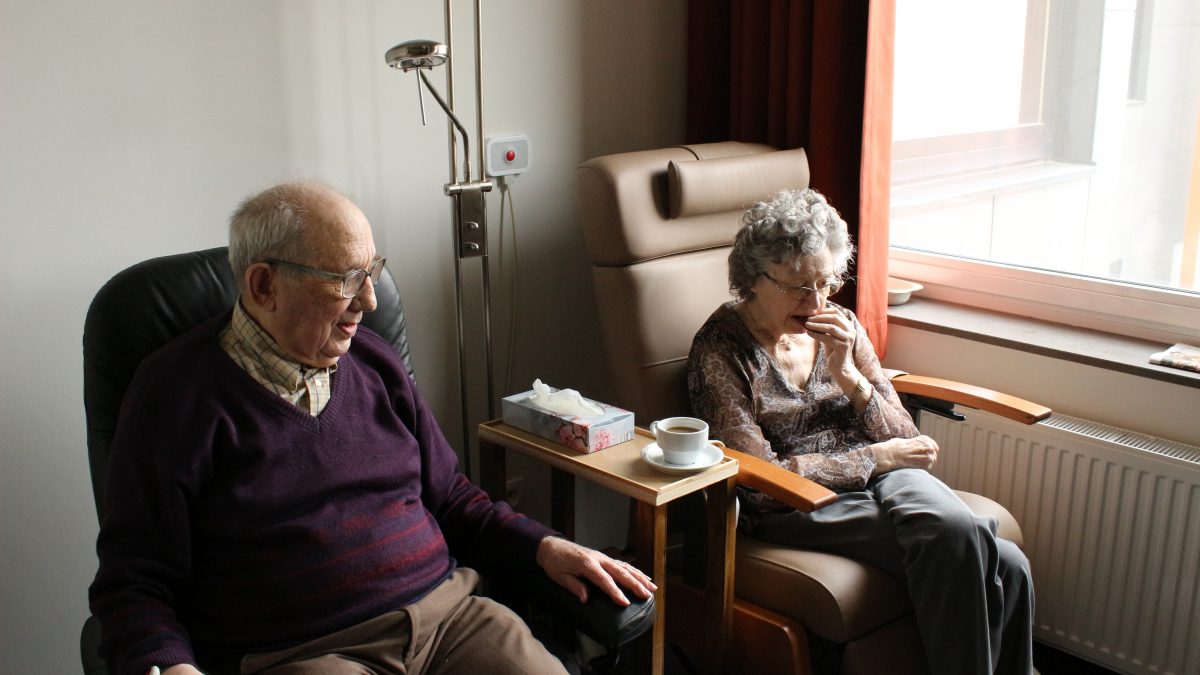Bridging the Gap with Transitional Care

Transitional Care, or Transitional Medicine, is the continuation of the healthcare of an ailing individual as they are transferred from one healthcare setting to another, or to their home. This is usually done when the health condition of the sick person changes, and even after they undergo the transition, they are still closely monitored by healthcare practitioners.
Vulnerable groups such as older adults who live in long-term care facilities are more susceptible to frequent relapses and readmissions, hence it is more practical for them to be put under Transitional Care. Transitional Care helps you oversee all healthcare aspects for a specific period of time after you are released from your inpatient facility to help you avoid any potential complications.
Which health care professionals are involved in Transitional Care?
A range of healthcare professionals is involved, including nurse practitioners, physicians from different fields, certified nurse midwives, and clinical nurse specialists, among others. These healthcare professionals are required to make contact with you within 48 hours after your discharge.How does Transitional Care typically work?
After you are discharged from your inpatient facility, expect your assigned Transitional Care Nurse (TCN) to pay you a visit within a day or so to make an initial assessment. Based on this assessment, the healthcare practitioner will then determine how to space out your subsequent checkups. There is no given limit to how many times a health practitioner can visit you after your discharge. During the time you are under Transitional Care, a team of health practitioners that usually consists of a nurse practitioner and a Registered Nurse (RN), under the supervision of a practicing physician, oversee your care. Your Transitional Care team may also work with other health care providers who are aware of your condition.Who receives Transitional Care?
Transitional Care caters to patients who have been discharged from a wide range of facilities, including: – Those who have been receiving treatment under long-term care hospitals – Patients discharged from skilled nursing facilities – Ailing individuals discharged from the hospital for outpatient observation – Patients who initially received treatment from inpatient acute care hospitals – Those under partial hospitalization – Patients discharged from inpatient psychiatric hospitalsTo bridge the gap that comes with leaving inpatient care, Transitional Medicine usually takes into account some of the following factors:
1. Continuous reconciliation of the medication given to the patient
As the patient is released from one facility of treatment, it is important to take account of all the medication they take, so that even as they are relocated, they can keep up the same regimen. This is to reduce any chances of relapse due to the movement.2. Proper coordination of the care being given
As aforementioned, patients that are receiving Transitional Medicine are under the watch of a Transitional Care team that should ideally collaborate to monitor any significant changes in the condition of the patient.3. Dissemination of information to both the patient and caregiver
The patient to be placed under Transitional Care should be well-informed on what to expect, as well as receive some sort of coaching to ease them into the routine that is to be followed. The caregivers put in place to supervise the patient should be well-versed when it comes to the condition of the patient so as to properly navigate the delicate process that is Transitional care.4. Monitoring of any behavioral, medical, or psychosocial risks
Along with monitoring the physical condition of patients, it is also important to keep an eye on how the behavioral patterns of patients may be altered after they are put under Transitional Care. The psychosocial aspect looks at how the change of social environment impacts the mental health of the patient. Does putting the patient in Transitional Care have a negative impact on how the patient interacts with others in a social setting?5. General optimization of Transitional Care
Transitional Medicine is made effective by ensuring that the patients receive the same quality of care and medical support they had but in a different environment. By optimizing Transitional Care, the rates of readmission are significantly reduced.Final Thoughts
Transitional Care is an efficient way to bridge the gap that occurs when a patient is discharged from an inpatient facility. It is a great way to improve the environment of the patient while maintaining medical care. At Care Partners, our model integrates into any hospital system or Insurance Plan with the purpose of reducing readmissions, ED visits and length of stay while simultaneously increasing patient quality of life and satisfaction. We look forward to discussing your Transitional Care needs, please contact us we would love to hear from you.Related Posts

Transitional Care Management from Hospital to Home
Transitional Care Management from Hospital to Home Getting an elderly loved one released from the hospital can greatly relieve both families and caregivers. But, healthcare
December 1, 2021
No Comments

Care Partners: Pioneering the Hospital-at-Home Initiative
Care Partners: Pioneering the Hospital-at-Home Initiative As the world and our communities waged war against Covid-19 over the past year, Care Partners has been on
September 10, 2021
No Comments

Our Parents – Thriving with Age!
Our Parents – Thriving with Age! In the United States, the average life expectancy has increased by 30 years since the 1900. For the first
October 21, 2020
No Comments




